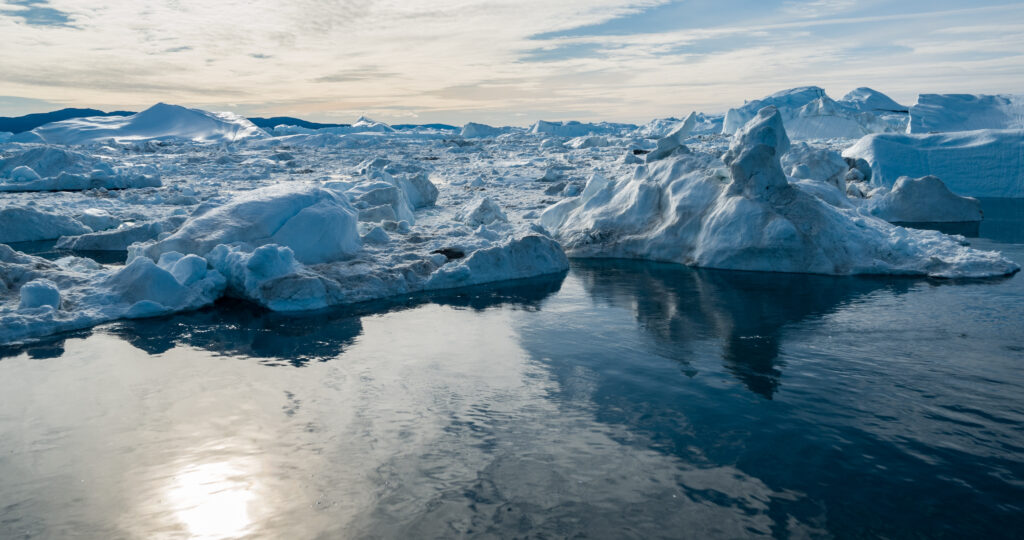
On 24 June, a team of geologists of the Institute of Geosciences and Earth Resources of the National Research Council (Cnr-Igg) led by Professor Brovarone of the University of Bologna left for Nuuk, in Greenland. The team includes 4 scientists from the University of Bologna, one researcher from Cnr-Igg and one from the University of Copenaghen who will explore the south-west region of Greenland where they aim at finding traces of the formation and circulation of natural hydrogen in ancient rocks nearly two billion years old.
Greenland could be a unique place to study the formation process of geological hydrogen. Because of the very ancient age of the rocks and their composition, the subsurface of the island could also represent a clean energy reservoir.
The mission is part of the ERC (European Research Council) Deep Seep project, which has received a 5-year grant. The project aims at investigating the genesis of deep natural H2 and light abiotic methane (which differs from “fossil” hydrocarbons that are of biologic/biotic origin).
Further information on Deep Carbon Lab is available here.

